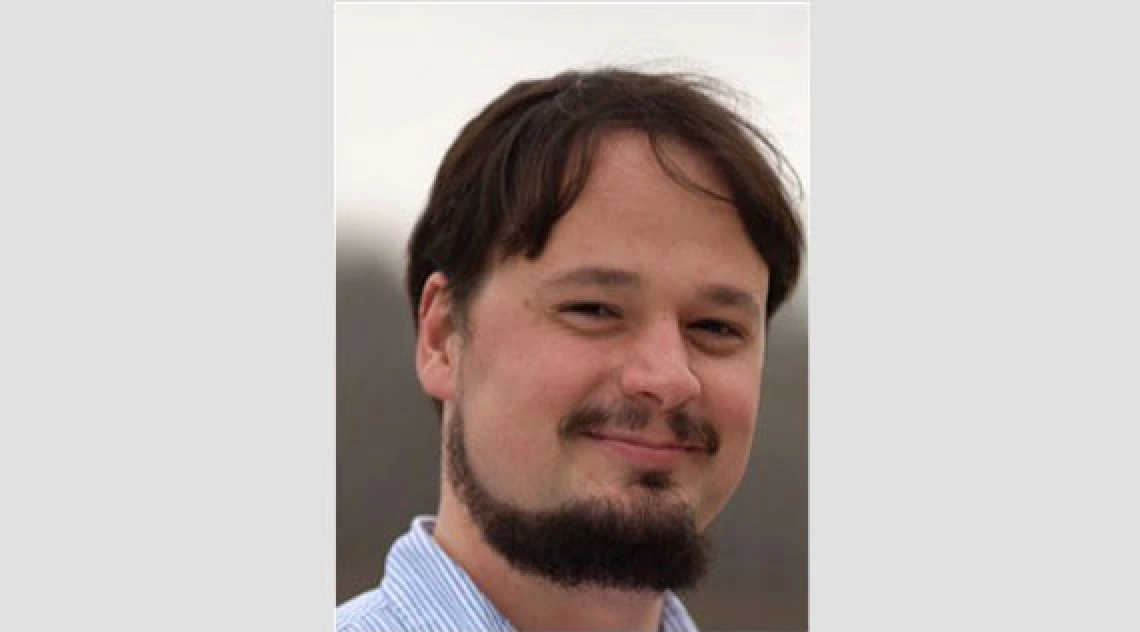Tracing the system: Matthew Dodson publishes paper on how arsenic affects autophagy pathway reaction

 Matthew Dodson is a University of Arizona Superfund Research Program (UA SRP) trainee who has been working in principal investigator Donna Zhang’s lab for three years, studying the effects of arsenic on cellular metabolism.
Matthew Dodson is a University of Arizona Superfund Research Program (UA SRP) trainee who has been working in principal investigator Donna Zhang’s lab for three years, studying the effects of arsenic on cellular metabolism.
Dodson was the lead author on a recently published a paper in Molecular Cellular Biology that showed how arsenic blocks the autophagy pathway reaction. Autophagy, Dodson said, is a key degradation pathway in the cell that acts like recycling machinery. It takes all the damaged or long-lived proteins that aren’t needed and degrades them to make new ones.
“Here in the Southwest, especially with Superfund, we’re worried about all the old smelting and mining, and arsenic being around in dust,” Dodson said. “So the long term goal is to determine how arsenic is causing different kinds of cancer, and to see if we can figure out the pathways that are affected so we can develop therapeutics to treat these people.”
Part of the path to treatment includes moving from cell-level tests to mice and eventually, people. The other part of Dodson’s work as a postdoc student is coffee, but both parts add up to the same goal.
“Coffee is what post docs live on – we make a pot for the morning and a pot for the afternoon,” Dodson laughed. “But the realistic goal, especially with the arsenic, is trying to find ways to treat or help people that get diseases.”
However, Dodson said a lot of people with arsenic exposure don’t see diseases until later in the progression, so he would like to determine if cells are becoming transformed, and if they are, how he could slow or even reserve that process.
“That’s why we’re funded – to find some answers,” Dodson said. “A lot of my day is run around, do experiments, sit down, type either part of my grant or part of a paper, and then run home, be a dad for 6 to 8 hours, then come back the next morning. They’re busy days, but they’re exciting and fun.”
In the long-term, Dodson hopes to keep working on how arsenic leads to disease like cancer and Type 2 Diabetes, as well as become an assistant professor.

